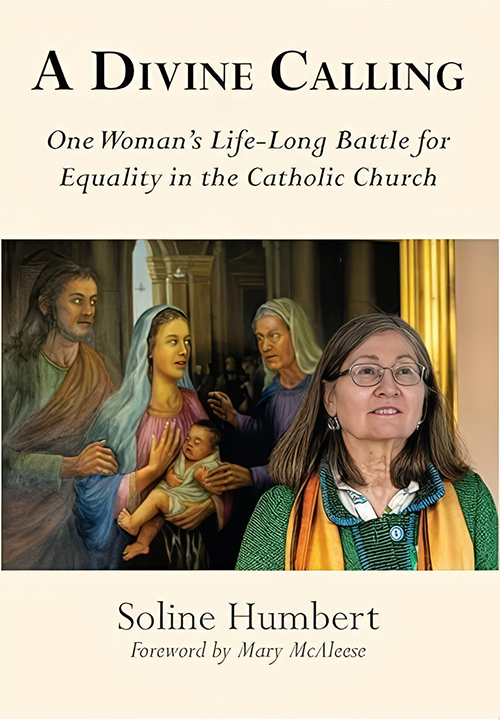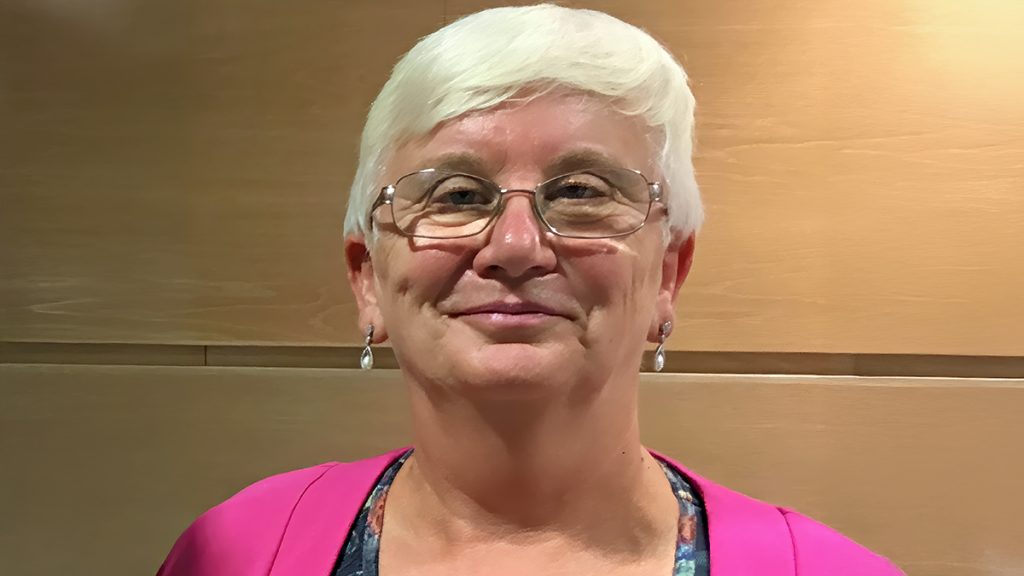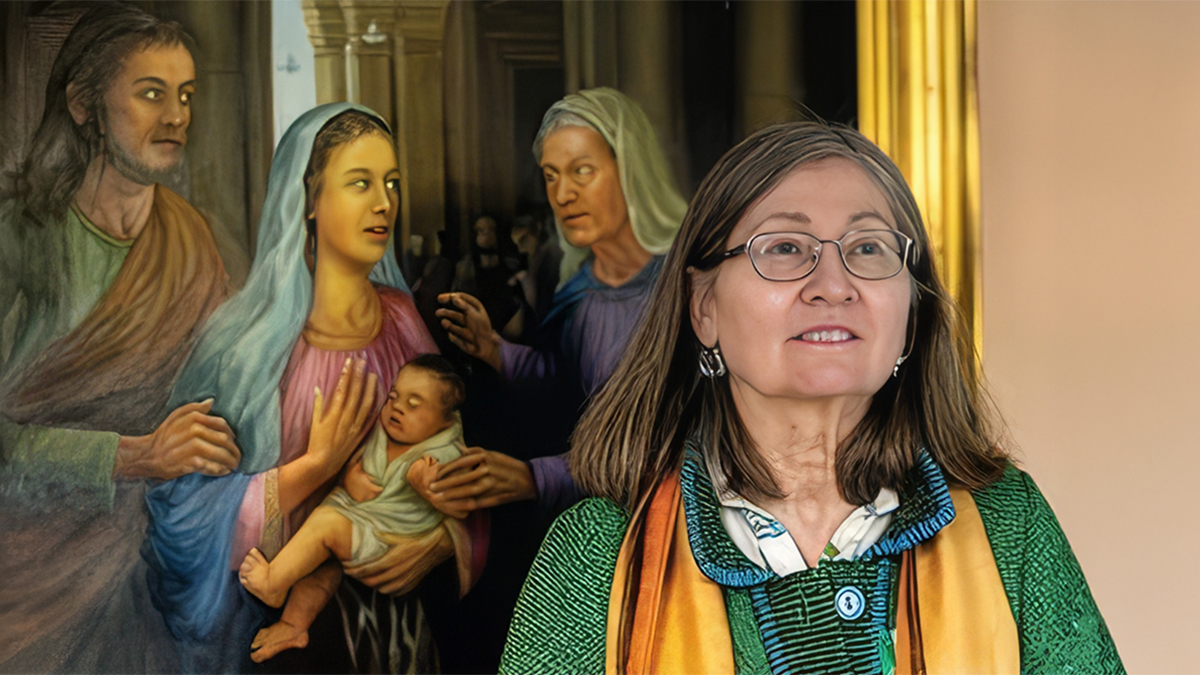Recently, I was feeling exercised by many abusive behaviours within the Church.
I am reading material connected with further study I have undertaken, and once again, it brought me back to the underlying abuse of the Church, the abuse of power.
All the other horrible abuses rest upon this fundamental abuse.
Dealing with instances of different expressions of abuse does not solve the problem.
There will be constant expressions of abuse, of one sort or another, that will continue to disillusion people (if that were even possible anymore), as long as the foundational abuse remains unexamined and untreated.
Normalised power and hidden control
This fundamental abuse is encoded in doctrines, behaviours and attitudes of the Church structures and in the education (indoctrination?) of its leaders and practitioners.
It has become so normalised that some Churchmen would be horrified to find themselves being identified with it.
But illumination is at hand.
While I was thinking about this, a book came my way – A Divine Calling: one woman’s life-long battle for equality in the Church by Soline Humbert, published by Liffey Press.

Show, don’t tell
There is a principle in creative writing called “show, don’t tell.”
It means don’t impart your story with statements; rather, by judicious use of language uncover it – reveal it.
Let the story speak for itself.
It also allows the reader to draw her or his own conclusions and make connections with other material.
Soline’s book embodies this principle and has produced an utterly compelling read.
What the book reveals
While the book describes the struggle of her priestly vocation, it does something way more than that.
Through her story, the fundamental abusive attitude of the Church leadership is laid bare.
It is obvious this was not her primary intention, but the truth of it cannot be denied.
Not only in the lies, the fudges, but in the Janus-faced leaders who can look in both directions at once: speak about women in the Church, yet treat Soline with barely-concealed disdain.
At first glance, the responses of some individual priests to her ought to be dismissed as the petulant expressions of childishness they are.
But they need to be seen as part of the overall reality of a structurally abusive Church.
A story of pain and persistence
The story lacks any bitterness, but the pain is evident.
It speaks of the Sisyphean struggle to realise a God-given, Spirit-led vocation to priesthood, but also contains joy and humour.
The stark contrast of the richness of Soline’s vocation and the obtuseness of the Church’s refusal of it is the stuff of farce, if it weren’t so serious.
A challenge to Church leaders
For any Churchman (and they are men) who is still looking at secularism, relativism, materialism (and the media, of course) as the cause of the Church’s woes, I challenge them to take and read this book.
Then, as an exercise in honesty, look in the mirror and admit the reality of a Church that is abusive to its institutional core.
A necessary service to the Church
The People of God may be deprived of Soline’s priestly ministry, but through this work she has done the Church a great service.
A Divine Calling is one of the most important books of this millennium for Catholics – well-written, lucid, and deeply engaging.
It says what needs to be said and shows what needs to be seen.

- Angela Hanley studied theology as a mature student, graduating in 2010. In 2015 she completed a research MA on Catholic same-sex relationships. She is currently undertaking PhD studies. She has published many articles and two books, Whose a la Carte Menu?: Exploring Catholic Themes in Context and What happened to Fr Sean Fagan?

